Anna Maria Vollmer
Building AI Innovation Labs together with Companies
Mar 16, 2022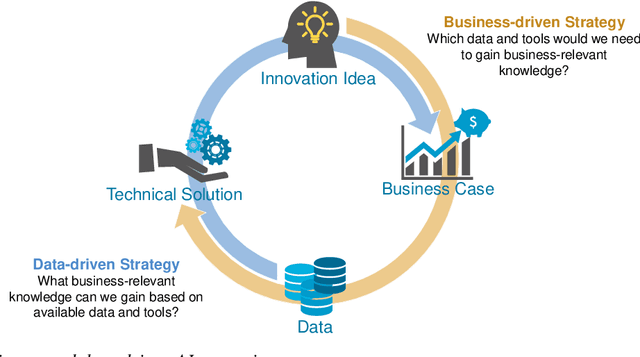
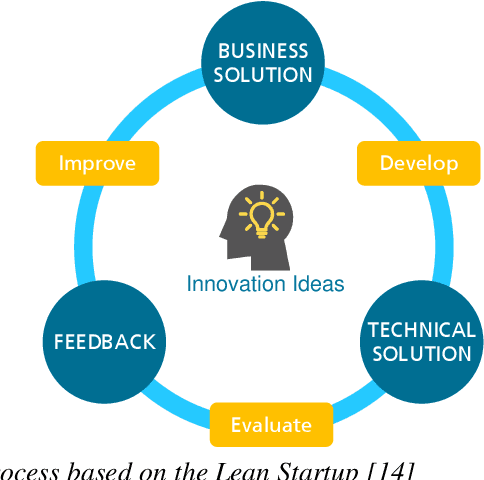
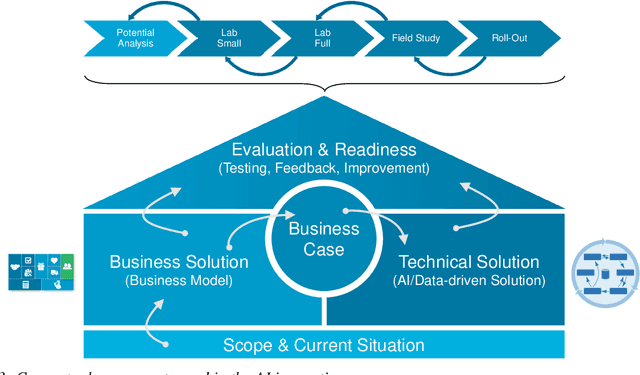
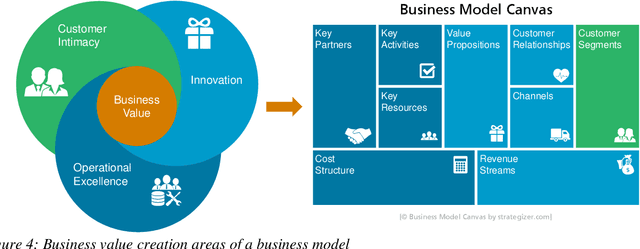
Abstract:In the future, most companies will be confronted with the topic of Artificial Intelligence (AI) and will have to decide on their strategy in this regards. Currently, a lot of companies are thinking about whether and how AI and the usage of data will impact their business model and what potential use cases could look like. One of the biggest challenges lies in coming up with innovative solution ideas with a clear business value. This requires business competencies on the one hand and technical competencies in AI and data analytics on the other hand. In this article, we present the concept of AI innovation labs and demonstrate a comprehensive framework, from coming up with the right ideas to incrementally implementing and evaluating them regarding their business value and their feasibility based on a company's capabilities. The concept is the result of nine years of working on data-driven innovations with companies from various domains. Furthermore, we share some lessons learned from its practical applications. Even though a lot of technical publications can be found in the literature regarding the development of AI models and many consultancy companies provide corresponding services for building AI innovations, we found very few publications sharing details about what an end-to-end framework could look like.
Software Engineering for AI-Based Systems: A Survey
May 05, 2021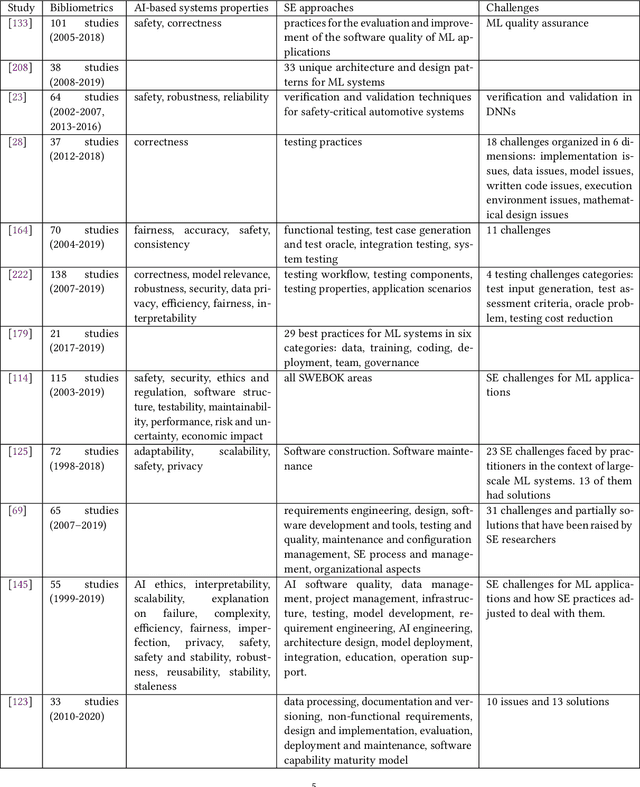
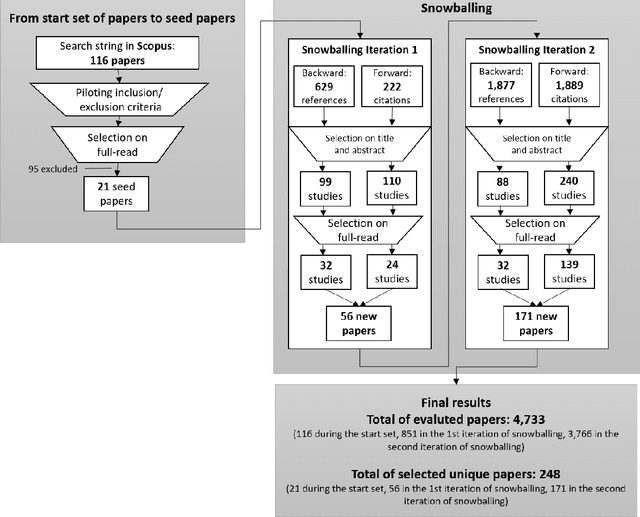
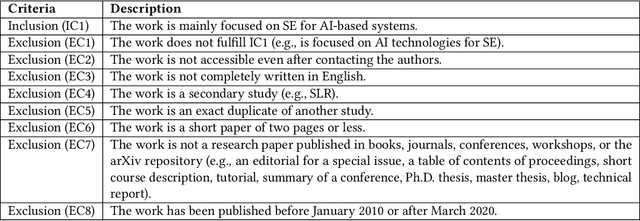
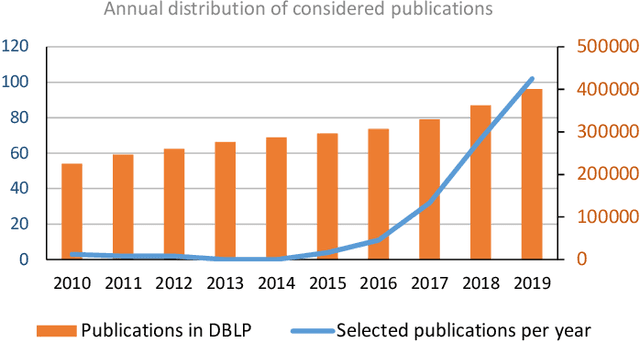
Abstract:AI-based systems are software systems with functionalities enabled by at least one AI component (e.g., for image- and speech-recognition, and autonomous driving). AI-based systems are becoming pervasive in society due to advances in AI. However, there is limited synthesized knowledge on Software Engineering (SE) approaches for building, operating, and maintaining AI-based systems. To collect and analyze state-of-the-art knowledge about SE for AI-based systems, we conducted a systematic mapping study. We considered 248 studies published between January 2010 and March 2020. SE for AI-based systems is an emerging research area, where more than 2/3 of the studies have been published since 2018. The most studied properties of AI-based systems are dependability and safety. We identified multiple SE approaches for AI-based systems, which we classified according to the SWEBOK areas. Studies related to software testing and software quality are very prevalent, while areas like software maintenance seem neglected. Data-related issues are the most recurrent challenges. Our results are valuable for: researchers, to quickly understand the state of the art and learn which topics need more research; practitioners, to learn about the approaches and challenges that SE entails for AI-based systems; and, educators, to bridge the gap among SE and AI in their curricula.
 Add to Chrome
Add to Chrome Add to Firefox
Add to Firefox Add to Edge
Add to Edge